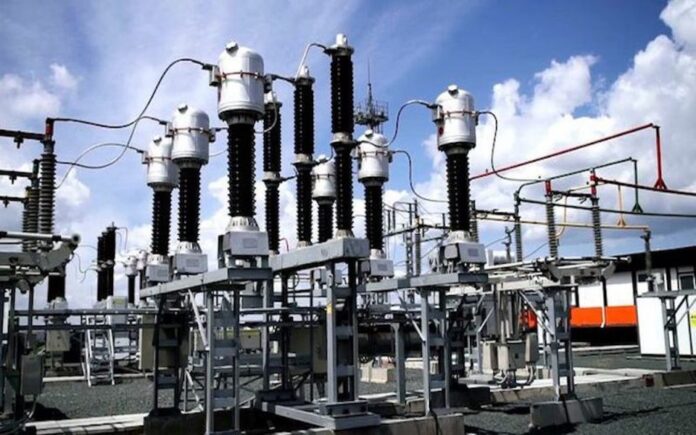Expert calls for investment, privatisation reversal to address electricity crisis
CHIGOZIE AMADI
Mr Chinedu Bosah, National Coordinator, Coalition for Affordable and Regular Electricity (CARE), says the Federal Government needs to significantly invest in the power sector to address cutizens’ energy demands.
Bosah made the call in an interview on Sunday in Lagos. that the government needed to invest substantially in generating, transmission and distribution capacities to meet these demands.
According to him, the current privatisation of the power sector has led to exorbitant tariffs, unreliable supply and a lack of accountability.
Bosah said the government could reverse the privatisation of the sector and place it under the democratic control of its workers and consumers to ensure transparent and efficient management.
“Despite celebrating 64 years of independence, Nigeria’s ruling elite has failed to demonstrate the seriousness and capacity needed to provide uninterrupted and affordable power supply.
“Many communities are left in darkness, facing an apartheid-style electricity supply system that offers some areas a minimum of 20 hours of supply while others are neglected.
“The government and distribution companies (DISCOs) have categorised communities into bands (A, B, C, D and E) with varying levels of electricity access, where Band A faces exorbitant tariffs of N227 per kWh,” the cordinator added.
He highlighted the significant increase in electricity tariffs since the privatisation of the sector in November 2013.
“Tariffs have surged from N12.45 per kWh to over N227, a staggering increase of over 1,723 per cent in just 11 years, while the minimum wage has risen by only 289 per cent in the same period.
“The private electricity companies prioritise profits over the affordability and stability of power supply for consumers,” he noted.
The power expert further said that the practice of linking electricity pricing to international gas rates was detrimental to consumers.
He maintained that given the economic situation in the country, it was unreasonable to expect citizens to pay such exorbitant tariffs.
Bosah further explained that gas prices directly impact electricity tariffs, adding, “it is the primary fuel for power plants”.
He explained, “If gas were sold at a reduced price, such as $0.5 per MMBTU, instead of the current international price of $2.42, electricity generation costs would drop significantly, making tariffs more affordable.
“It is unreasonable to expect Nigerians, with a minimum wage of N70,000 (not yet widely implemented), to pay such high electricity rates, contrasting Nigerians’ purchasing power with that of citizens in advanced economies.”
Bosah warned that continuing to subject electricity tariffs to foreign exchange rates and international gas prices would only lead to further increases in already exorbitant tariffs, particularly for Band A consumers.
He lamented that with an installed capacity of about 14,000 MW, there had been a lack of substantial investment to develop the sector to the 33,000 MW needed to meet the country’s energy requirements.
“The agenda of the ruling elite and power companies seems focused on imposing high tariffs that force consumers to cut back on electricity usage while generating profits without adequate investment.
“Since April 2024, the Band A tariff of N227 per kWh has strained many households, forcing them to spend more on electricity than their minimum wage, while others struggle to access any electricity at all,” he explained.

























